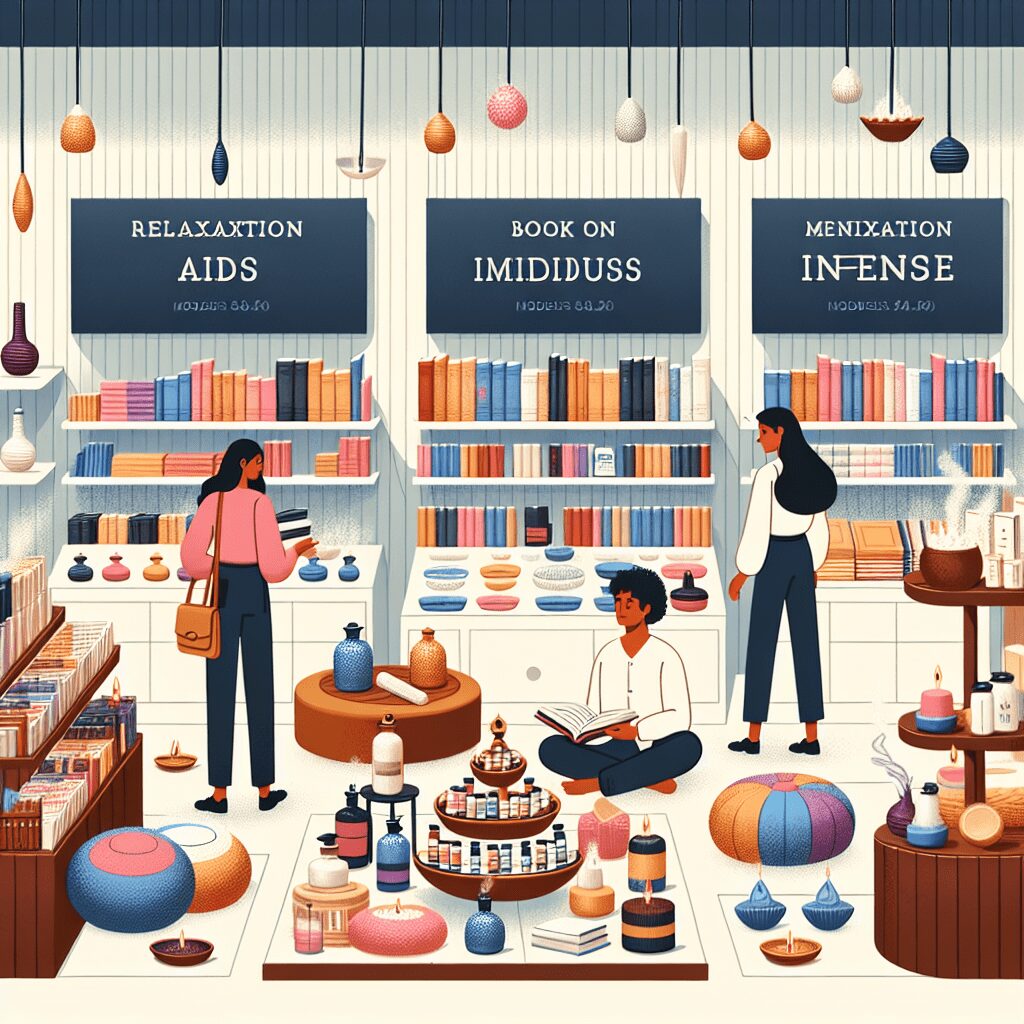
Prioritize your mental well-being daily. Enhance your life by nurturing your mental health with the Smart Meditation app. Break free from stress, alleviate anxiety, and enhance your sleep quality starting today.
Which Personality Disposition(s) Is (are) Related To Change In State Anxiety?
Unraveling the Mystery of Personality and Anxiety
Anxiety, the unwelcome intruder in our mental sanctum, has the knack for turning an otherwise sunny day cloudy. Our reaction to these temporary storms, however, isn’t purely arbitrary. In fact, it’s deeply intertwined with the very fabric of our personality. So, which aspects of our personality determine how we respond to the ebbs and flows of anxiety? Let’s dive into the nitty-gritty and shed some light on this intriguing interplay.
The Interconnected Web of Personality Traits and Anxiety
Personality, a complex mosaic of traits, influences virtually every facet of our existence – from how we interact with others to how we cope with stress. When it comes to the fluctuations of state anxiety, a temporary condition triggered by specific events, certain personality dispositions stand out as particularly influential. Here are some key players:
-
Neuroticism: Ah, neuroticism! It’s like the friend who’s always expecting the sky to fall. People with high levels of this trait are more susceptible to experiencing negative emotions such as anxiety, anger, and depression. It’s as if their emotional thermostat is set to “highly sensitive,” making them react more intensely to stressors. In the grand opera of personality traits, neuroticism takes center stage in influencing state anxiety.
-
Conscientiousness: This trait essentially acts as the antithesis to neuroticism in the anxiety equation. Those who score high in conscientiousness are the organizers, the planners, the ones always with a Plan B (and sometimes even a Plan C). Their knack for preparation and control typically buffers against the onslaught of state anxiety, making them less prone to its whims.
-
Extraversion vs. Introversion: The battle between these two is the stuff of classic psychology. But when it comes to anxiety, the lines are a bit blurred. Extraverts, with their knack for seeking out social situations, might find solace and distraction in company, potentially lowering their state anxiety. Introverts, on the other hand, might experience increased anxiety in social settings, but this isn’t a hard and fast rule. It’s more about the context and how individuals interpret their experiences.
-
Openness and Agreeableness: While not as directly linked to anxiety as our other contenders, these traits still play their part. High openness may lead to curiosity and a positive reframe of anxiety-provoking situations. Agreeableness, with its emphasis on harmony, might encourage seeking support from others, thus mitigating anxiety.
Navigating Through the Storm: Practical Insights
So, what’s the takeaway from our deep dive? Understanding that our personality can predispose us to certain levels of state anxiety is akin to having a map in uncharted waters. It’s about leveraging our strengths and being mindful of our vulnerabilities.
-
For the neurotic souls, it’s crucial to develop strategies that dial down the emotional thermostat—think mindfulness, physical activity, and perhaps a dash of humor.
-
For the conscientious, continue to plan and organize but be wary of overdoing it. Sometimes, letting go can be the biggest planner’s surprise.
-
Extraverts and introverts, know thy social preferences! Find your comfort zone but don’t be afraid to gently stretch its boundaries.
-
And for those high in openness and agreeableness, keep nurturing your curiosity and connections. They are your anchors and sails in the stormy seas of anxiety.
Wrapping It Up With a Bow
The intricate dance between personality and anxiety is a testament to our complexity as human beings. By understanding the roles our personality traits play in shaping our experience of anxiety, we’re not just deciphering the code to our emotional responses; we’re crafting a more resilient, aware, and balanced self. After all, it’s not about avoiding the storm but learning how to dance in the rain.





